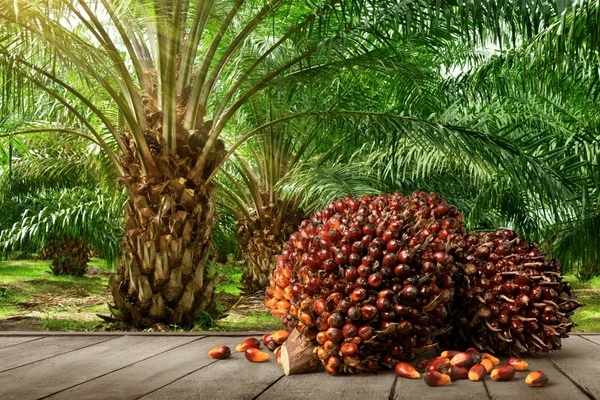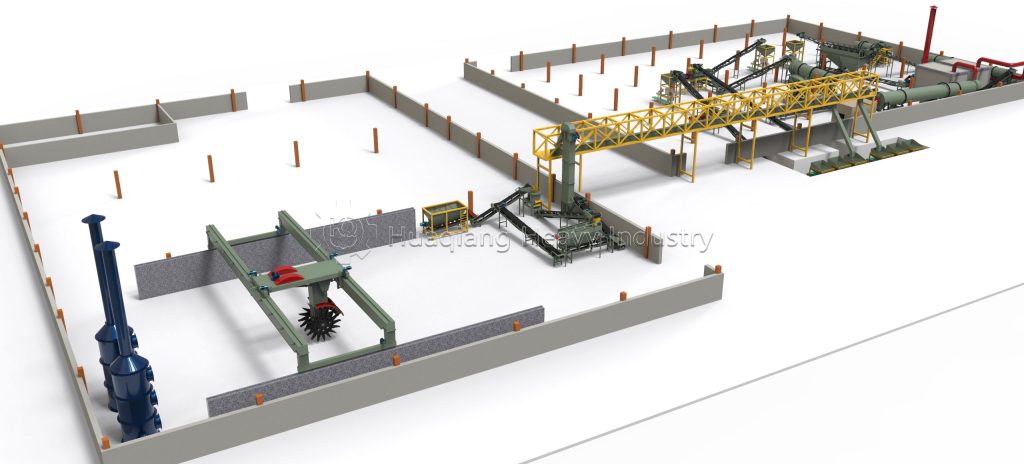Oil Palm Waste to Fertilizer: Sustainable Practices
The Potassium Cycle in Oil Palm Cultivation
Oil palm trees demonstrate a remarkable natural cycle where they accumulate substantial potassium during their growth and fruiting stages. This essential nutrient becomes concentrated in their fronds and fruit bunches, creating an opportunity for sustainable nutrient recycling. By converting these agricultural residues into organic fertilizer, plantations can close the nutrient loop while improving soil health and structure.
Composting Process and Considerations
The transformation of oil palm waste into valuable fertilizer requires proper composting techniques. The fermentation process is crucial for breaking down raw materials into stable organic matter. This decomposition prevents potential fertilizer burn that could occur from direct application of fresh waste materials. A well-managed composting process typically takes 8-12 weeks and involves regular turning to ensure proper aeration and microbial activity.
Proper composting not only stabilizes the organic matter but also eliminates potential pathogens and weed seeds, making the final product safe and beneficial for oil palm cultivation.
Scientific Application Methods
Even when using organic fertilizers, scientific application is essential for optimal results. Fertilization should be tailored to the specific growth stage of oil palms and local soil conditions. During peak growing seasons, split applications following conventional plantation practices often yield the best results. Soil testing and plant tissue analysis provide valuable data for customizing fertilization programs.

Integrated Nutrient Management
For precision nutrition management, especially during critical growth phases, combining organic and inorganic potassium fertilizers proves most effective. This integrated approach allows growers to meet the exact nutritional demands of oil palms while maintaining soil health. The organic component improves soil structure and microbial activity, while inorganic fertilizers provide readily available nutrients during peak demand periods.
The balanced combination of organic and inorganic fertilizers can enhance both yield quantity and fruit quality while promoting long-term soil sustainability.
Global Implications and Best Practices
This sustainable approach to oil palm cultivation offers significant environmental benefits while maintaining economic viability through advanced organic recycling systems. By integrating equipment like the large wheel compost turner and chain compost turner into the organic fertilizer production line, agricultural waste is efficiently transformed into valuable nutrients. The practice reduces waste, decreases dependency on synthetic fertilizers, and promotes soil conservation through mechanized composting solutions.
The production process utilizes specialized equipment such as the rotary drum granulator and double roller press granulator to convert composted materials into uniform fertilizers. These fertilizer granulator machines, including the versatile fertilizer roller press machine, ensure optimal nutrient density and slow-release properties. Each organic fertilizer granulator in the system contributes to creating balanced organic amendments specifically formulated for oil palm requirements.
For global adoption, these methods should be adapted to local conditions while maintaining the core principles of nutrient recycling and soil health management. The flexibility of equipment choices – from various wheel compost turner models to different granulation technologies – allows farmers to customize systems according to their scale and resources, ensuring both environmental sustainability and economic feasibility in oil palm cultivation worldwide.

